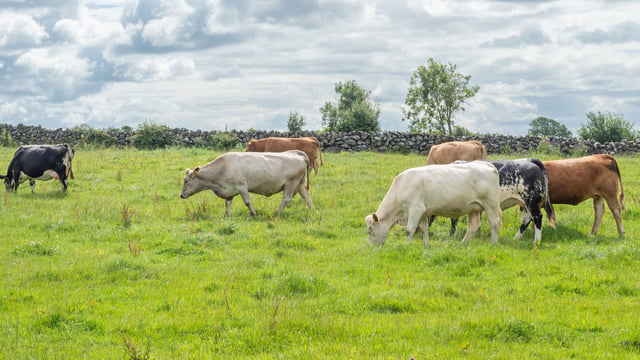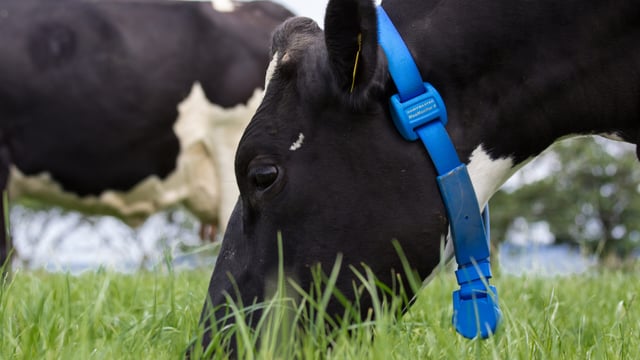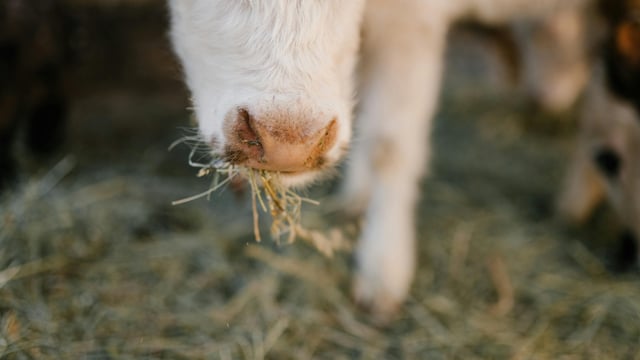Estimated 500 Irish students currently enrolled in vet med in Poland, Hungary, Slovakia
It is estimated that around 500 Irish students are currently enrolled in veterinary medicine programmes in Poland, Hungary and Slovakia, according to the Department of Further and Higher Education.
A spokesperson for the department told Agriland that "while studying abroad can offer valuable international experience, these figures indicate that veterinary medicine has a notably higher rate of students going overseas compared to other fields".
"There are currently no official statistics on the number of Irish students studying abroad across different disciplines," the spokesperson said.
"However, the department is aware that a significant number of students travel outside Ireland each year to pursue veterinary medicine, particularly in the UK and in countries across central and eastern Europe."
Popular choices among Irish students include the University of Veterinary Medicine Budapest in Hungary, and the University of Veterinary Medicine and Pharmacy in Kosice, Slovakia.
In Poland, a Irish students are attending the Wroclaw University of Environmental and Life Sciences and Warsaw University of Life Sciences.
The department spokesperson told Agriland that expanding the number of places available in Irish veterinary programmes is a "key priority" for Minister for Further and Higher Education, James Lawless.
"It will help reduce our reliance on graduates from overseas institutions, while ensuring that students are trained with a deep understanding of farming practices and animal health challenges that are specific to the Irish context," the spokesperson added.
"To address this, the department and the Department of Agriculture agreed to support two new veterinary schools being established - one at Atlantic Technological University and another at South East Technological University."
Two new veterinary medicine programmes
Currently, the only veterinary medicine programme available in Ireland is at University College Dublin, which offers approximately 85 places per year through the Central Applications Office (CAO).
The Higher Education Authority commenced an expression of interest process, which included expanding provision in veterinary medicine, in October 2022.
It was announced in September 2024, that two new programmes were being recommended to proceed.
Minister Lawless said that the design and delivery of these new programmes are "complex, and require significant preparatory work before they are ready to commence".
"It is anticipated that the programmes will commence in September 2026, with 40 places available in each school at full roll-out," the minister said.
"The new veterinary schools will have far-reaching benefits for both the veterinary profession and the agricultural and food industries.
"The regional locations in the west and south east provide alternative locations from Dublin to study veterinary medicine."
Both colleges have recently announced key appointments related to their veterinary courses.
Atlantic Technological University confirmed Professor Patrick Pollock as its newly-appointed head of veterinary medicine and surgery.
The new five-year Bachelor of Veterinary Medicine and Surgery programme will be based at the Letterkenny campus in Co. Donegal, with one semester delivered at Mountbellew.
South East Technological University has appointed Dr. Mary-Kate Burke as head of the Department of Veterinary Medicine.
The university’s new five-year Bachelor of Veterinary Medicine degree will be based at its Waterford campus, to be delivered in conjunction with Kildalton Agricultural College.











